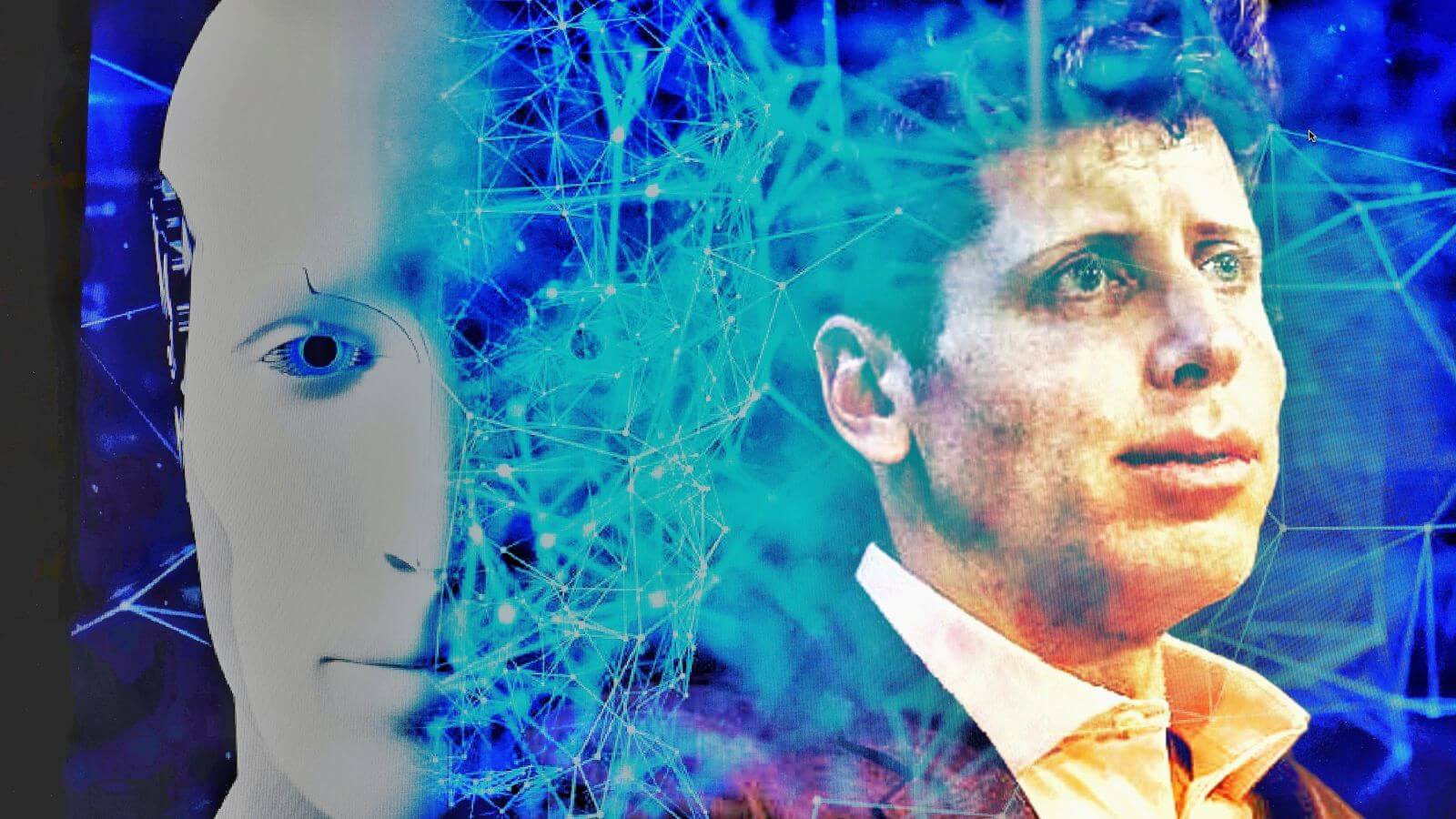Sam Altman, the prominent figure at the helm of OpenAI, openly discusses his extensive personal preparations for unforeseen global catastrophes, a candid revelation that offers a unique glimpse into the mindset of a leading voice in artificial intelligence. This unusual transparency underscores a deep-seated vigilance and a pragmatic approach to potential future disruptions, setting him apart as a tech leader keenly aware of existential risks.
His comprehensive emergency stockpile includes a diverse array of items: firearms, gold, essential medical supplies like potassium iodide and antibiotics, and survival basics such as batteries, water, and even military-grade gas masks from the Israeli Defense Force. The inclusion of a large plot of land in Big Sur, accessible by air, further solidifies his commitment to survival preparedness, painting a picture of calculated readiness for worst-case scenarios.
Altman’s trajectory from a self-taught coding enthusiast to the chief executive of OpenAI, a forefront organization in AI safety research, informs his unique perspective. His leadership is characterized by an unwavering pursuit of innovation coupled with a pronounced emphasis on understanding and mitigating potential global dangers, which directly correlates with his personal survivalist inclinations.
Throughout his public career, Altman has consistently highlighted the unpredictable perils that accompany rapid technological advancements. He frequently cites threats ranging from engineered pandemics and unbridled artificial intelligence to broader geopolitical instabilities. His meticulous accumulation of items like gold, water, and specialized protective gear is not merely personal caution but also reflects a growing culture of methodical emergency preparedness within the upper echelons of the tech industry.
The specific nature of Altman’s chosen gear provides insight into his assessment of various threat vectors. Potassium iodide, for instance, offers a defense against radiation exposure in the event of nuclear incidents. Gas masks and antibiotics suggest an anticipation of airborne biological or chemical hazards. Furthermore, the strategic location of his retreat in Big Sur speaks to a conviction that rapid evacuation and self-sufficiency could be critical considerations in certain extreme future scenarios.
As the CEO of OpenAI, Sam Altman’s views carry significant weight, extending far beyond his individual emergency planning. His forthrightness regarding these “doomsday” preparations — and the tangible steps he takes — signals that even those at the epicenter of cutting-edge progress view potential future risks in highly concrete and actionable terms. This candidness challenges conventional perceptions of leaders in innovation.
Altman’s survivalism exemplifies a broader, evolving trend within the technology and investment spheres. Leaders accustomed to forecasting disruptive events and anticipating “black swan” scenarios are increasingly open about their detailed plans for worst-case outcomes. This proactive approach not only influences their personal habits but also increasingly shapes the governance strategies and public communication frameworks of the companies they lead, demonstrating a collective shift towards robust survival preparedness.
In today’s volatile markets, where unforeseen crises frequently send ripples through global economies and societies, such preparedness is no longer seen as an eccentricity. Instead, it is increasingly interpreted as prudent foresight from individuals most acutely attuned to the inherent limits and vulnerabilities of complex modern systems. Sam Altman’s transparent sharing of his measures serves as a microcosm for how future-focused leaders reconcile relentless optimism with deep-seated caution, highlighting the critical importance of AI safety in a rapidly evolving world.






Leave a Reply